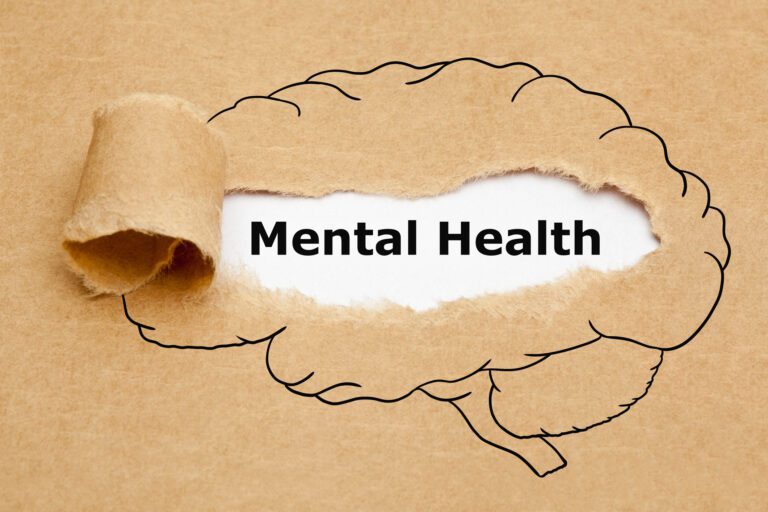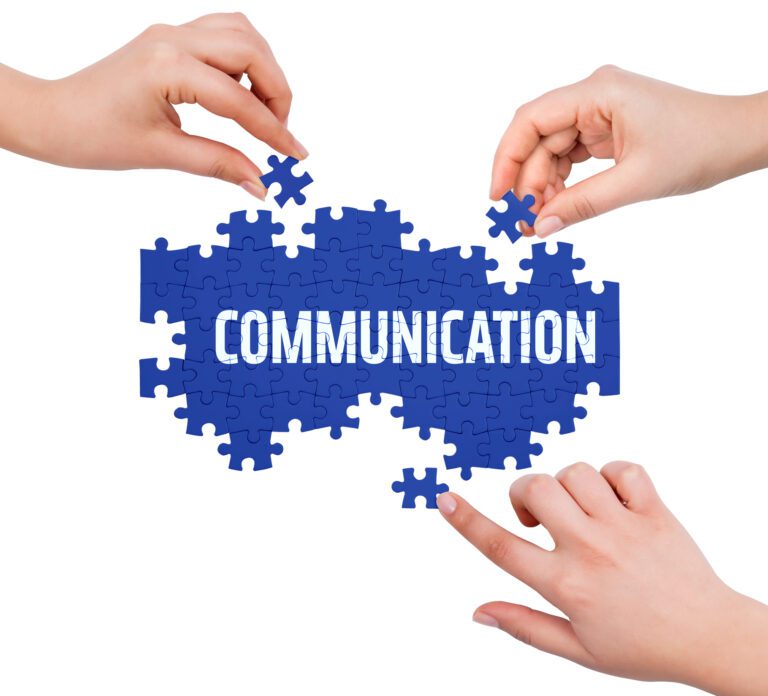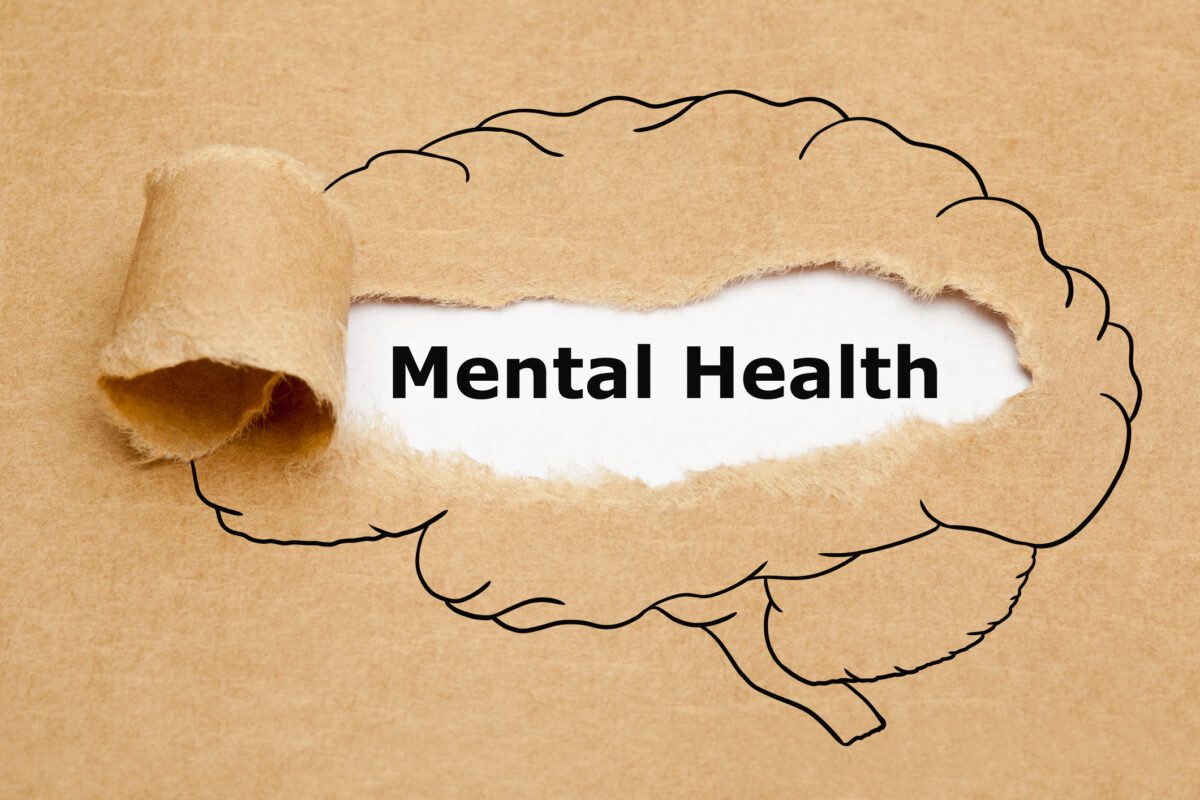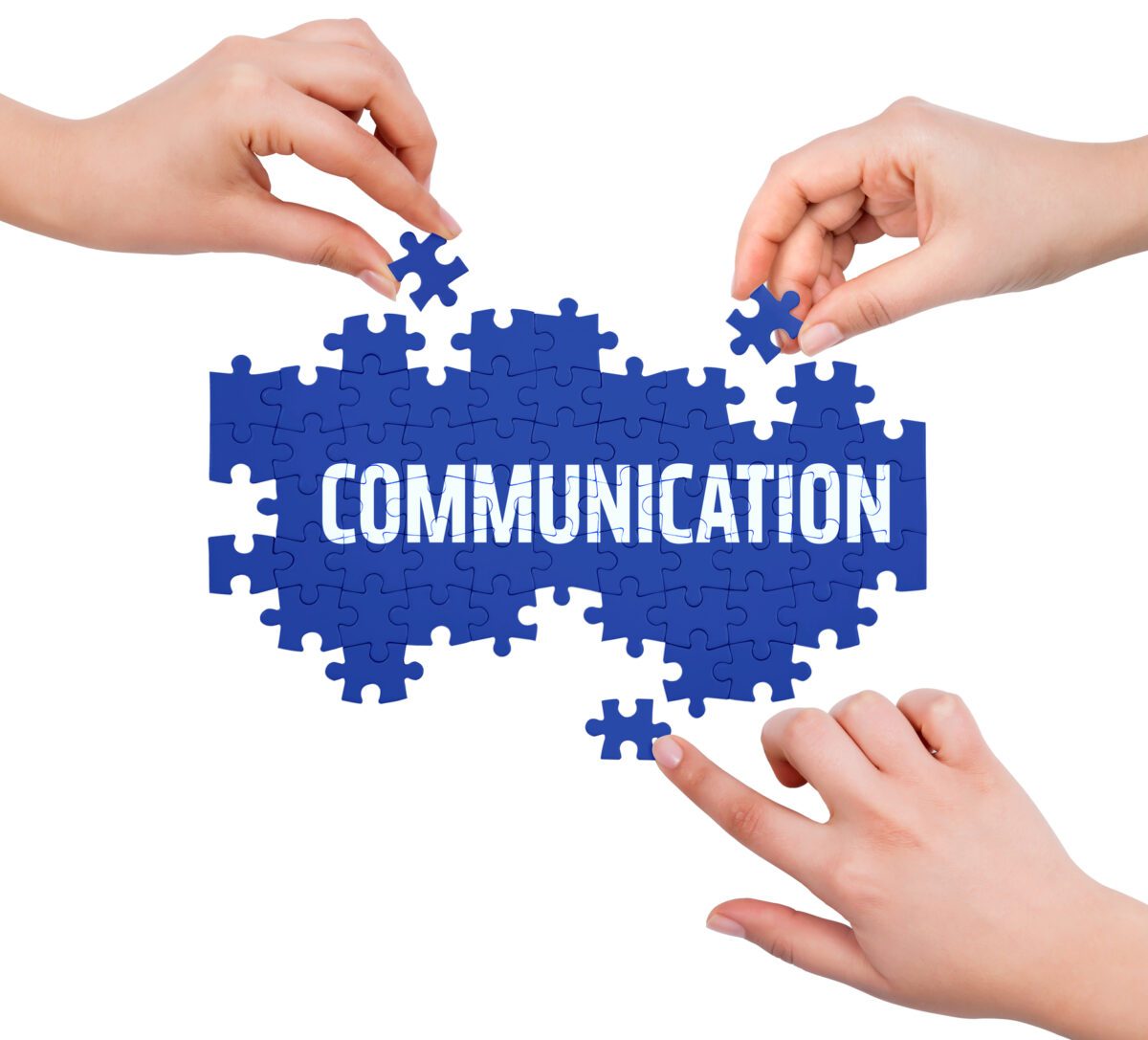Eating disorders are more frequently diagnosed during adolescence and young adulthood, but the truth is that eating disorders do not discriminate, and they may be present at any age.
Many times the question remains whether the symptoms and presentation represent a continuation of a lifelong disorder, or a late onset disease.
Research shows that midlife or older women living with eating disorders essentially fall into three categories:
- Those who have struggled with an eating disorder for years without seeking treatment
- Those who had an eating disorder as a teen or young adult and recovered, only to relapse in midlife
- Those who develop an eating disorder for the first time in midlife
Many midlife women who struggle with later-life eating disorders actually had an eating disorder their entire lives, followed by those who had an eating disorder when they were young.
Mid or later in life eating disorders can have the same emotional and physical havoc on the lives of the younger sufferers. Unfortunately, the eating disorder is just as deadly with the older adult, but with it comes great levels of embarrassment and shame. This shame has become the main reason the older adults avoid getting help.
The older adult continues to be misunderstood, under diagnosed, and not well suited well for treatments that are geared specifically toward teens and younger adults.
Stressful life events and depression seem to be the most common precipitating events in late-onset eating disorders. Triggers such as, divorce, death of a parent or spouse, empty nest syndrome, and a visibly aging body, along with societal pressure to stay thin and youthful contribute greatly to the pressure.
We know that stressful situations in one’s life can trigger an eating disorder. Many times for both the young and older population the eating disorder behavior becomes their primary coping skill.
Many older adults may isolate and begin eating disorder behaviors after their reduced social interaction with others, or as a way to regain power that they feel they have lost due to the aging process. If there is one thing that they can control, that is the their food intake.
In the elder population, sadly, the eating disorder may even be a slow form of suicide.














